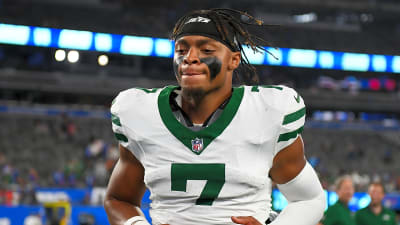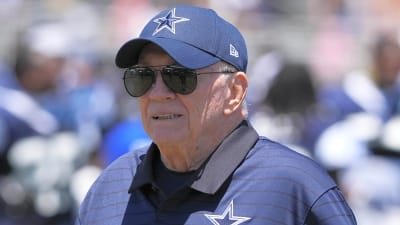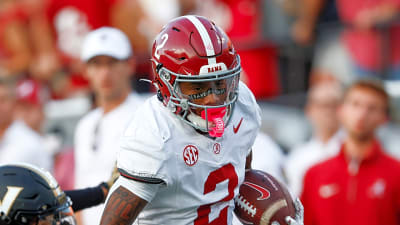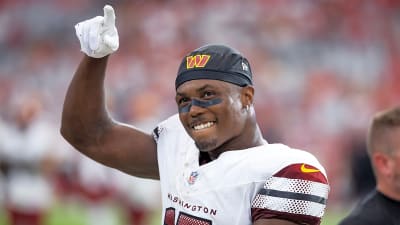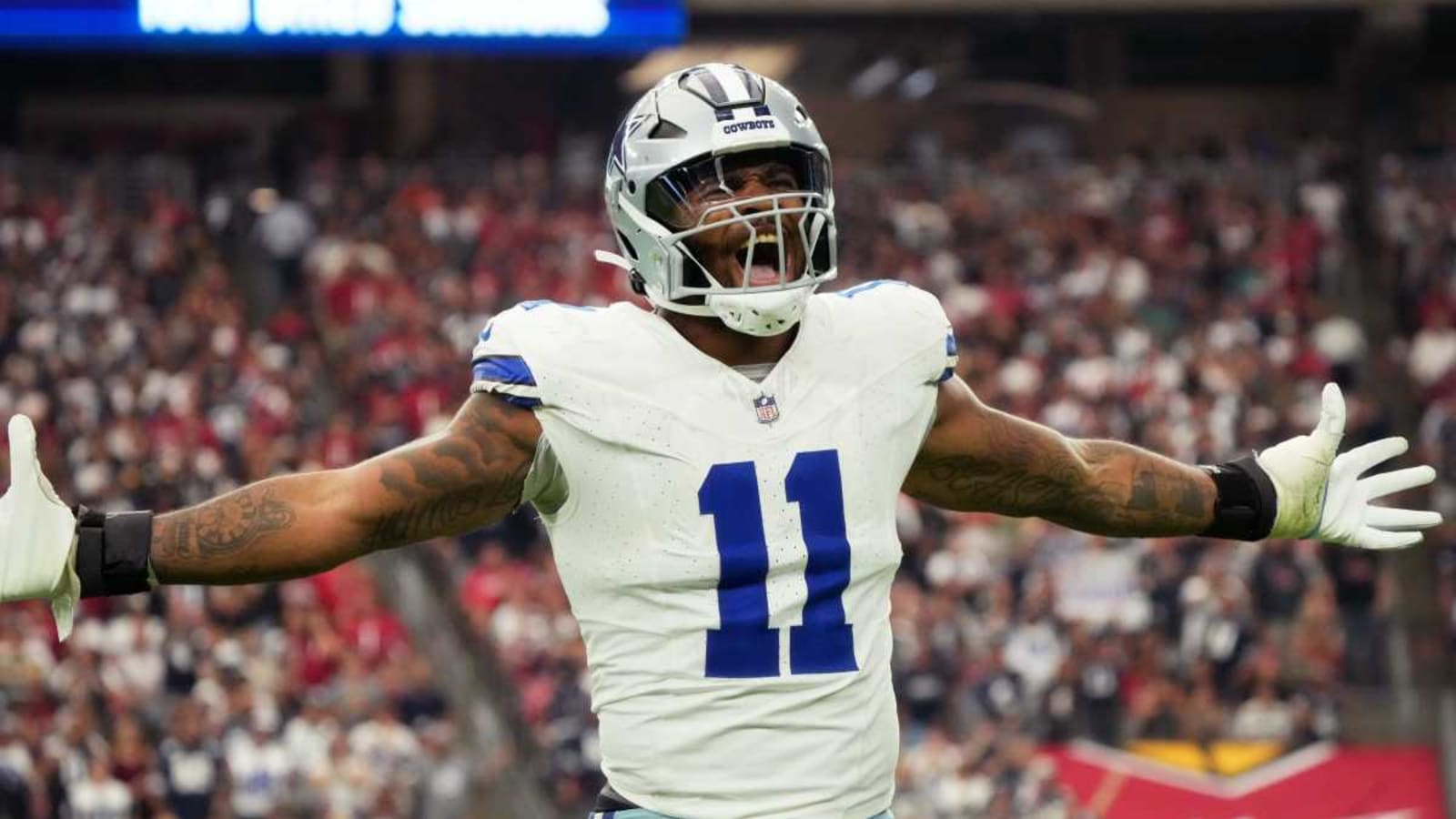
Over the past few days, hopes are up with reports from ESPN's Adam Schefter saying that the Dallas Cowboys and star defender Micah Parsons could be heading towards a divorce, and NFL Network's Ian Rapoport stating that the Green Bay Packers would make sense as a potential trade destination.
Under general manager Brian Gutekunst, the Packers have already tried to pull off a similar deal . Back in 2018, Green Bay offered to the then Oakland Raiders a similar package for Khalil Mack to the one offered by the Chicago Bears. Ultimately, the Raiders presumed that the Bears' picks would be better, taking their offer. But the fingerprints were there: Gutekunst can be aggressive in the trade market for an elite young player.
That Mack deal from the Raiders to the Bears is the most recent example of top edge defenders switching teams via trade in the prime of their careers. There are some other instances of that happening, and those are informative to understand what a blockbuster trade could cost the Packers.
Khalil Mack
Bears got: Khalil Mack, 2020 2nd, 2020 5th
Raiders got: 2019 1st, 2020 1st, 2019 6th, 2020 3rd
That is a pretty similar situation to Parsons'. Mack was already a star player, and had been the NFL Defensive Player of the Year in 2016 and a First-Team All-Pro in 2015 and 2016. He had played four seasons, just like Parsons—even though Parsons hasn't been the DPOY. At that time, the Raiders were clearer than the Cowboys now, and they didn't want to give Mack a new deal.
Because of that, there was some sort of auction for Mack. The Packers made their offer, but he ultimately got traded to the Bears for a combination that included two first-round picks, but meant less than two pure first-rounders in value with a Day 2 swap in favor of the Bears in 2020.
After the trade, the Bears gave Mack a six-year, $141 million extension. That $23.5 million yearly average meant 13.2% of the salary cap at that point. Based on today's cap, that would be a $37.02 million average—slightly below the highest-paid non-quarterback in football, TJ Watt, who's at $41 million with the Pittsburgh Steelers.
That's the closest possible comparison, and a deal like that could realistically be in place. If the Cowboys want a player in return, that would affect the package in terms of picks.
Frank Clark
Chiefs got: Frank Clark, 2019 3rd
Seahawks got: 2019 1st, 2019 3rd, 2020 2nd
Clark was not an elite player, but was coming off a career year and had some productive seasons for the Seahawks. In the middle of a Super Bowl window that seems to never end, the Chiefs pulled the trigger and traded a first- and a second-rounder for Clark, who had been franchise-tagged by Seattle. That's a lot to give up in a circumstan
ce like this, and after the Packers got a similar package for Davante Adams, tagged players haven't generated as big of a return.
Jared Allen
Vikings got: Jared Allen, 2008 6th
Chiefs got: 2008 1st, two 2008 3rd, 2008 6th
Allen was an elite player and was coming from an All-Pro season for the Chiefs, even though he would become even more dominant for the Vikings. Just like Parsons, Allen had also played four seasons in the NFL at that point. The big difference here is that, without the rookie-scale contract established in 2011, the veteran market wasn't as inflated as it would become. Allen received $12.06 million on yearly average, which is 10.39% of the cap. That would be $29 million a year these days.
With all those blockbuster trade packages in mind, it's fair to conclude that any offer for Micah Parsons would start with two first-round picks. The deal would have to include some later picks going back and forth to balance the deal, and the edge defender would get something around a four-year, $166 million extension ($41.5 million a year) to make him the highest-paid non-quarterback in NFL history.
More must-reads:
- 49ers pull off trade for disgruntled Commanders star
- Falcons HC speaks out after offensive starter gets carted off practice field with concerning injury
- The '2024-25 NFL rushing touchdown leaders' quiz
Breaking News
Trending News
Customize Your Newsletter
 +
+
Get the latest news and rumors, customized to your favorite sports and teams. Emailed daily. Always free!
